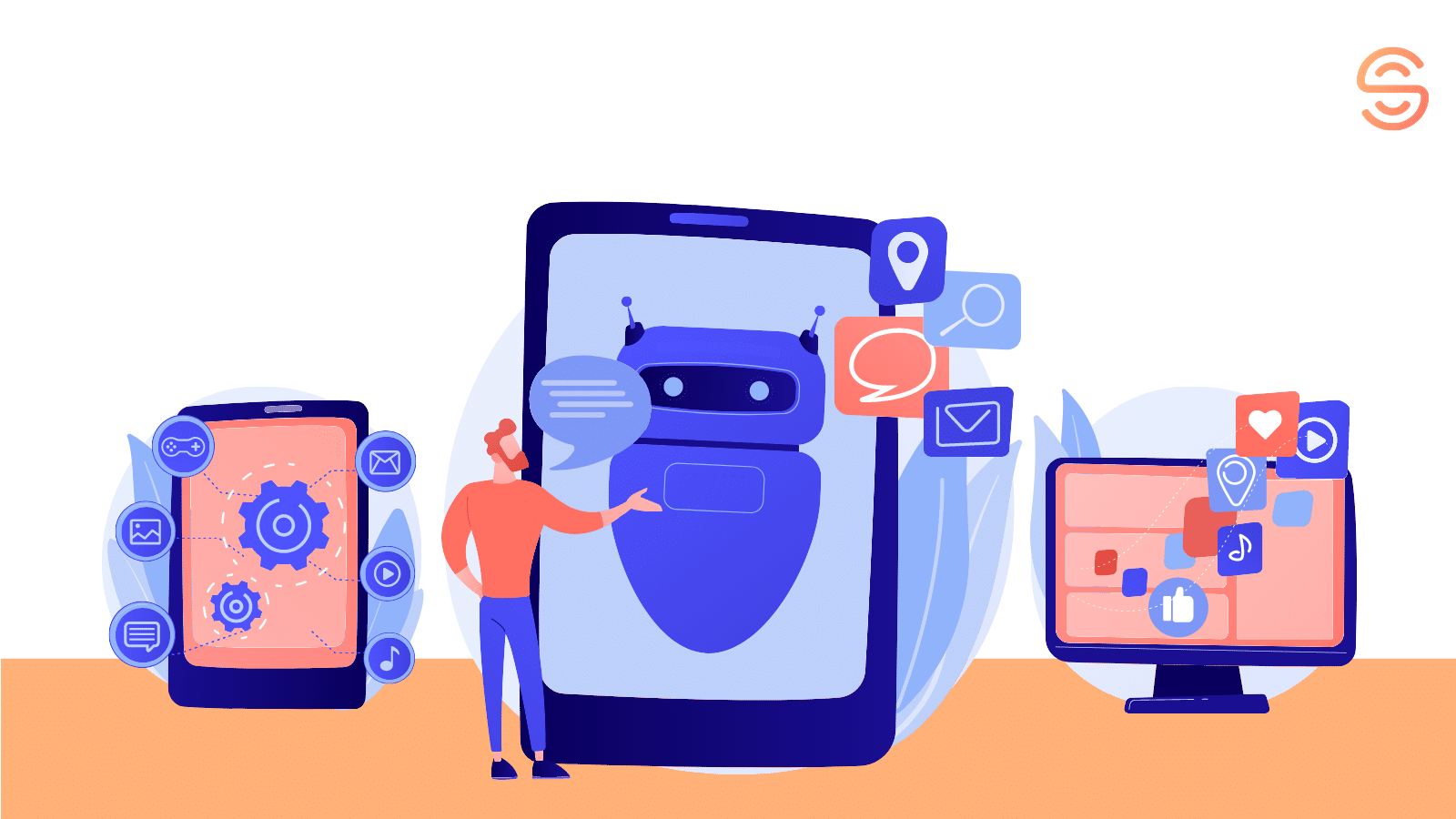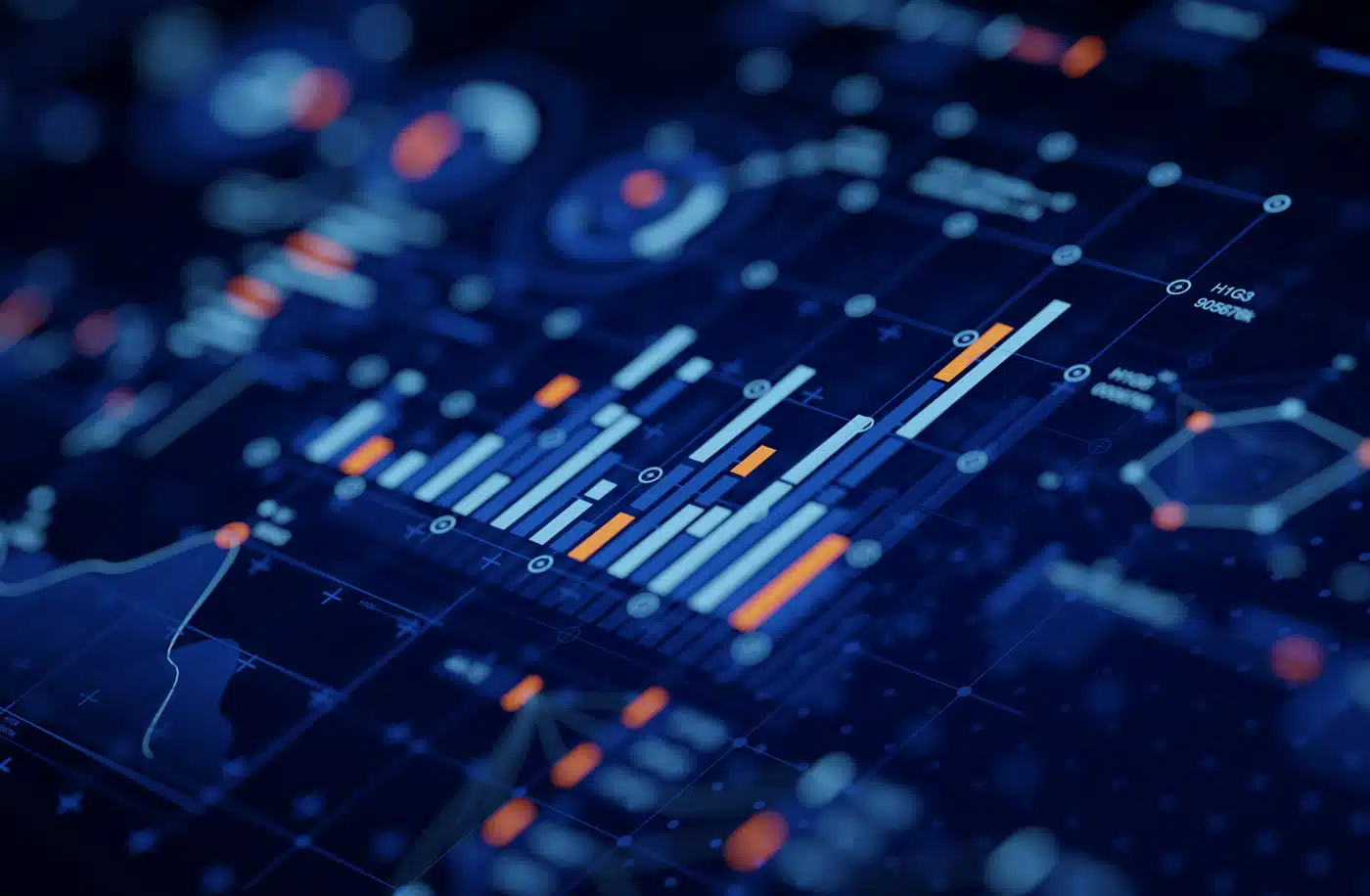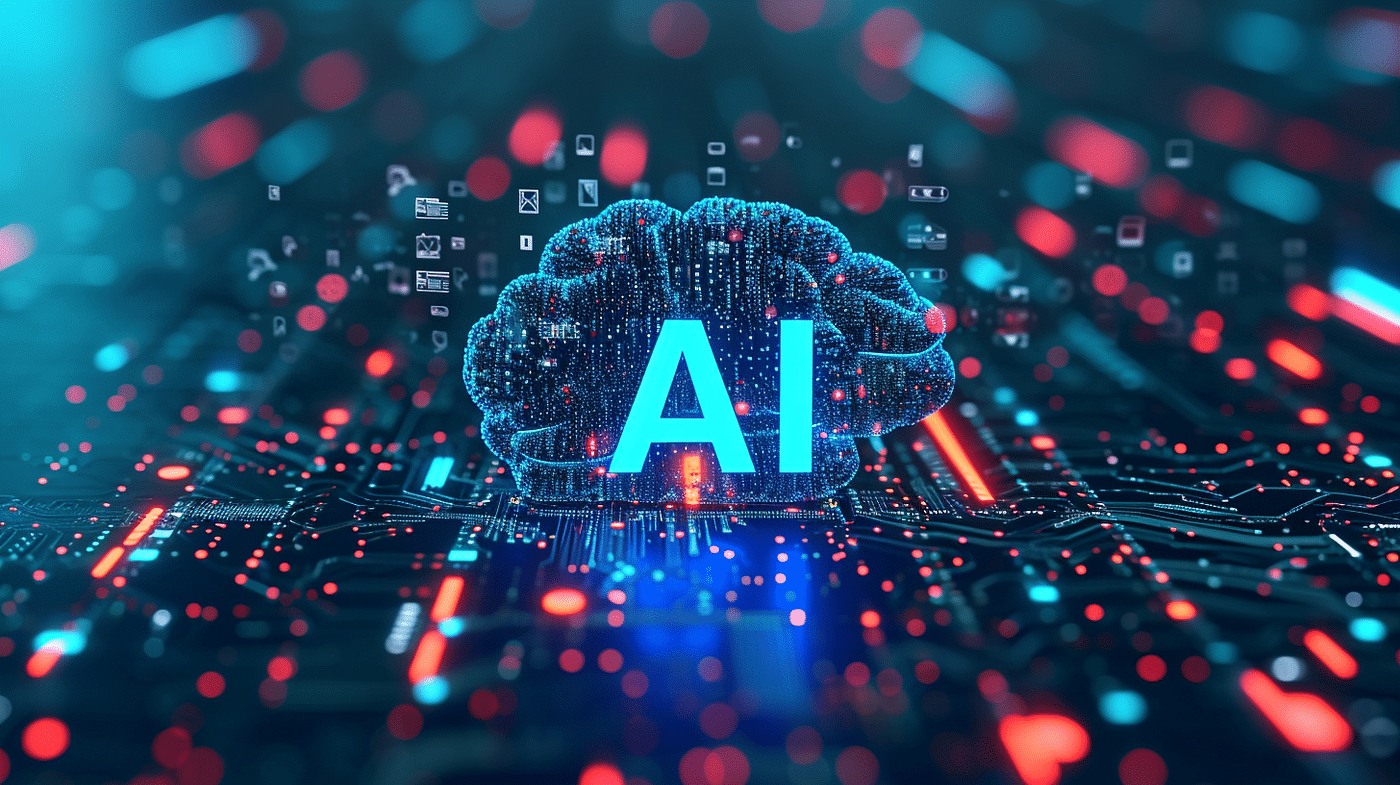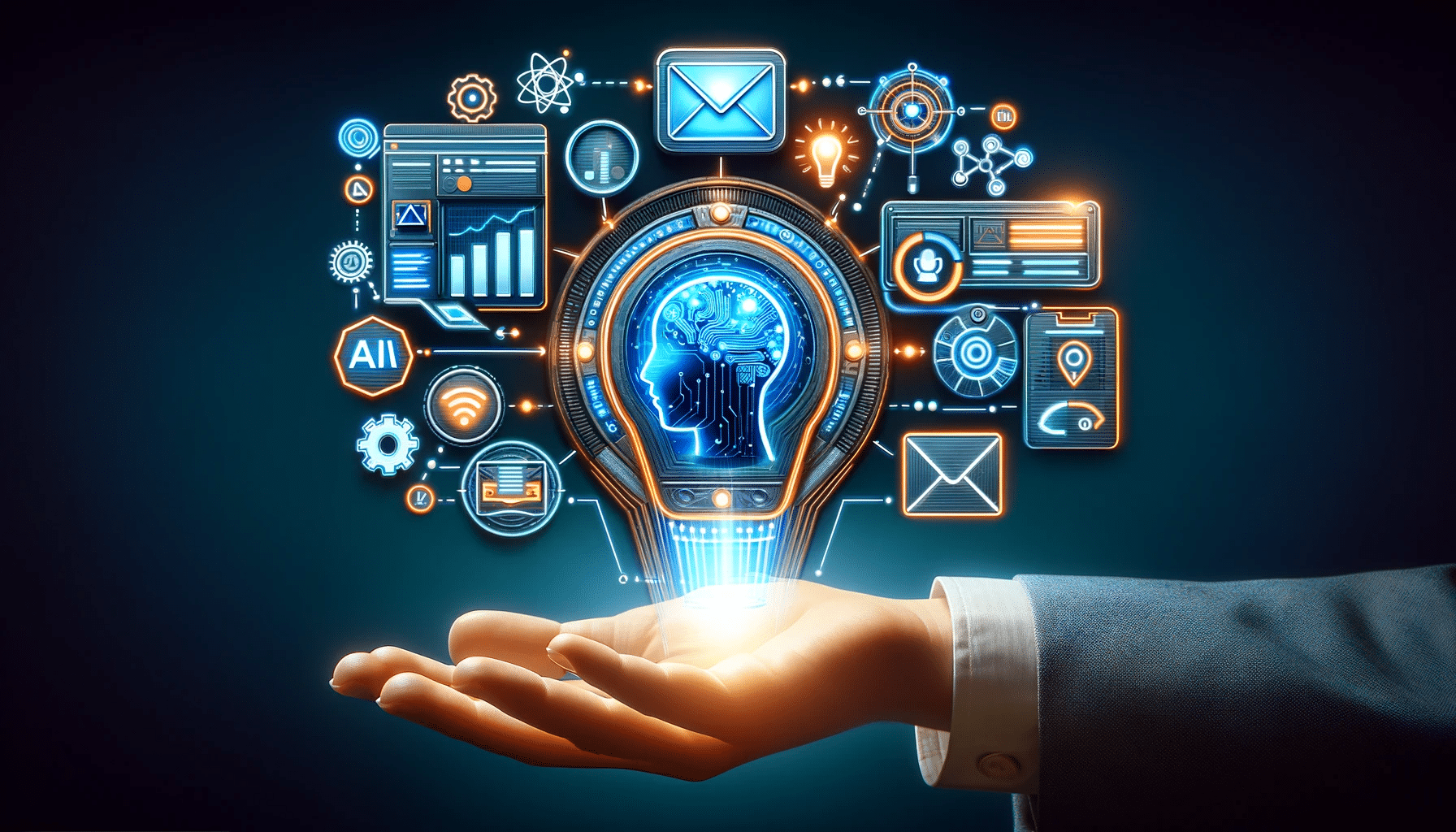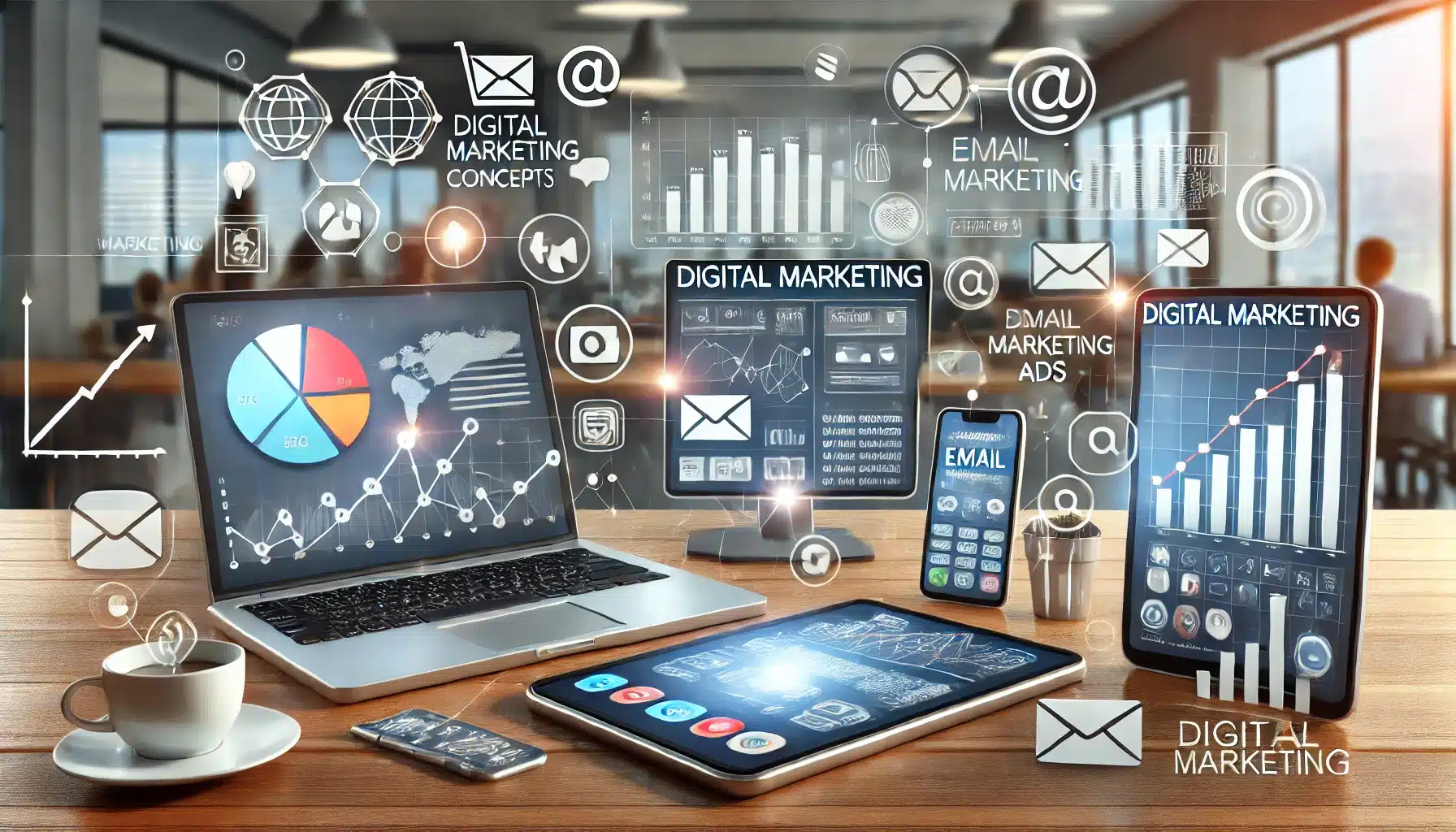- 🔍 Generative AI (GenAI) is revolutionizing marketing by creating content like texts, images, and videos, often used in dynamic, iterative marketing processes.
- 📈 GenAI in marketing is increasing productivity and lowering costs, evidenced by companies like Klarna saving $10 million annually.
- 🧑💻 The evolution of GenAI in marketing includes three phases: developing marketing copilots, introducing marketing agents, and creating autonomous marketing teams.
- ✍️ In the current phase, marketing copilots help create content such as social media posts and sales emails, allowing marketers to focus on higher-level tasks.
- 🛠️ Future marketing agents will automate tasks like A/B testing, ad optimization, attribution tracking, and personalized content generation.
- 🤖 AI is expected to shift marketing from a one-to-many model to a one-to-one hyper-personalized approach.
- 📬 Companies like Coframe are already automating email content, personalizing it, and assessing performance metrics.
- 👥 Autonomous marketing teams could handle comprehensive marketing plans with minimal human intervention, using swarms of AI agents for strategy implementation.
- 🧩 The final stage of AI marketing will involve integrated tools that manage end-to-end marketing tasks across different channels.
- 🏢 There will be variations in AI marketing tools for B2B vs. B2C and enterprises vs. SMBs, each optimized for specific needs.
- 🧑🏫 Even with AI advancements, strategic vision and goals setting will still require human oversight, typically by high-level marketing leaders.
In recent years, Generative AI (GenAI) has been at the forefront of technological advancements in the marketing industry. From creating dynamic content to personalization at scale, GenAI is reshaping how brands interact with their customers. In this blog post, we will explore the transformative impact of GenAI on marketing, delving into the phases of its evolution, current applications, and future possibilities.
The Phases of AI Evolution in Marketing
GenAI in marketing is progressing through three significant phases: developing marketing copilots, introducing marketing agents, and creating autonomous marketing teams. Each phase represents a deeper integration and reliance on AI tools, leading to greater efficiency and innovation.
Developing Marketing Copilots
The first phase, where we currently stand, involves using GenAI as marketing copilots. These tools significantly reduce the workload on marketers by automating the creation of content such as social media posts, sales emails, and blog drafts. For instance:
- Jasper: Automates social media and blog content creation.
- Copy.ai: Generates SEO-friendly content swiftly.
- HeyGen and Synthesia: Enable quick creation and editing of studio-quality videos.
Benefits:
- Increased Productivity: Marketers can shift their focus from mundane tasks to strategic planning and execution.
- Cost Savings: Companies like Klarna reported saving $10 million annually by utilizing GenAI for content generation.
- Real-Time Data Integration: Tools like Validated help with audience segmentation and campaign planning by analyzing vast datasets in real time.
Introducing Marketing Agents
In the second phase, marketing agents automate more complex tasks, transitioning from one-to-many to one-to-one personalized marketing efforts. These agents perform narrow end-to-end marketing tasks such as:
- A/B Testing: Continuously optimize ad performance by experimenting with different variations of content.
- Ad Optimization: Automate bidding and purchasing of ads while tracking and attributing their performance.
- Content Iteration: Generate new content based on performance metrics and audience preferences.
Examples:
- Coframe: Automates content creation for marketing websites, personalizes content, and adjusts it based on performance metrics.
Creating Autonomous Marketing Teams
The final phase is the implementation of fully autonomous marketing teams. These AI-driven teams can devise and execute entire marketing strategies with minimal human input. They are capable of:
- Omnichannel Strategy Development: Integrating analytics across different channels to craft comprehensive marketing plans.
- Full-Service Campaign Management: From market research to content creation and performance tracking, these AI agents handle all aspects of a marketing campaign.
- Scalability: Firms of any size, especially SMBs, can leverage the power of a full marketing team without the associated costs.
Future Prospects:
- Enterprise Solutions: Platforms like Adobe or Salesforce Marketing Cloud may evolve to encapsulate autonomous marketing capabilities.
- SMB Tools: Aggregated sets of simpler content creation tools will likely emerge, offering small businesses robust marketing capabilities.
Integrating AI in Marketing: Key Considerations
While the adoption of AI in marketing presents numerous benefits, it also necessitates careful planning and strategic oversight.
Human Oversight
Despite the capabilities of AI, defining the strategic vision and goals for marketing campaigns still requires human intervention. High-level leaders such as CMOs or Vice Presidents of Marketing will continue to play crucial roles in setting the direction and tone of campaigns.
B2B vs. B2C Applications
AI marketing tools need to be tailored according to their intended application, whether B2B or B2C. Each domain has unique requirements, such as sales lead optimization for B2B or product sales for B2C.
Customization for Different Enterprises
The complexity and user experience of AI tools should be optimized based on the target audience. SMBs might benefit from simpler, aggregated tools, while large enterprises may require more intricate, integrated solutions.
As we move forward, Generative AI will undoubtedly continue to shape the future of marketing. By automating content creation, optimizing tasks, and eventually forming autonomous marketing teams, businesses can achieve unprecedented levels of efficiency and personalization.
Stay tuned as we navigate through this AI-driven transformation, continuously innovating and adapting to the future of marketing.
